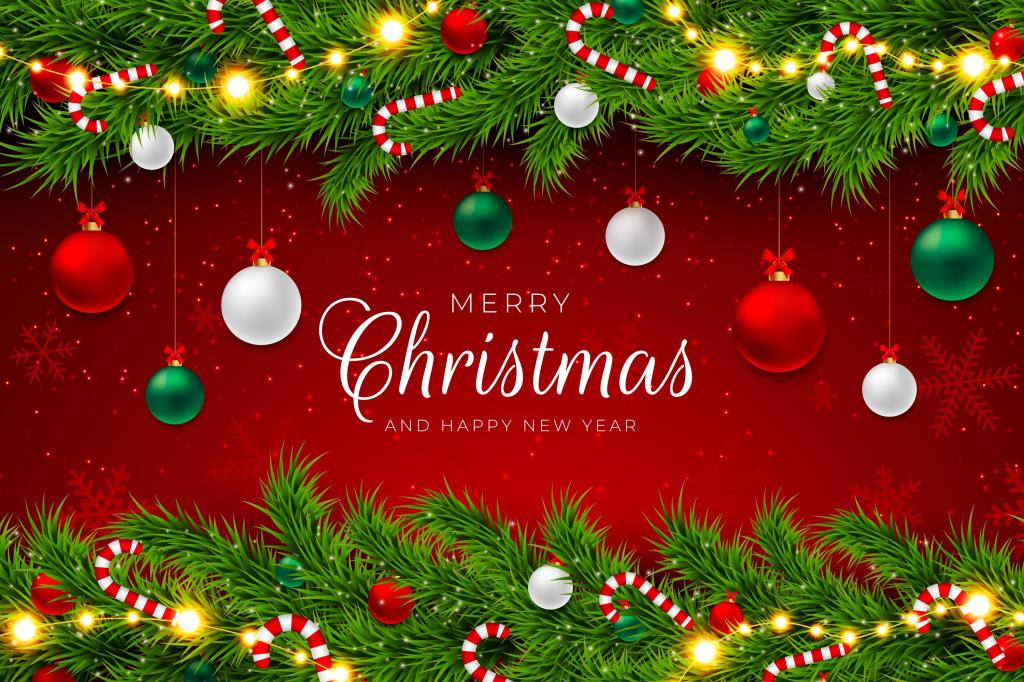Sex as a Topic of Controversy and Cultural Restriction
Sex is one of the most fundamental aspects of human existence, and yet it remains shrouded in societal taboos across the globe. Throughout history various cultures have placed restrictions and limitations on discussing and openly embracing sexuality. Regardless of how people feel about it, sex impacts society on its deepest level (after all, almost everyone wouldn’t be here without it!).
Reading (and writing) erotica is one way of engaging in conversations about human sexuality, especially if you’re from a culture where such topics are taboo.
So what are some of the reasons why sex is a touchy subject for some people?
Cultural and Religious Influences
Sex as a taboo is often rooted in cultural and religious beliefs. Many societies historically viewed sexuality as a private matter, reserved for marriage and procreation. Religious doctrines and cultural norms dictated strict guidelines on appropriate sexual behaviour, often condemning premarital or extramarital relationships. While to a lot of parts of the West today this seems a little outdated, there are still plenty of places where virginity is seen as a sacred thing that’s only given up after marriage.
Fear of the Unknown
The unknown and the unfamiliar often spark fear and discomfort in societies. Sexuality, being a deeply personal and diverse aspect of human life, can lead to uncertainty and unease. The lack of understanding and knowledge about sexual health and practices further perpetuates the taboo.
Misinformation and Stigma
Taboos surrounding sex have given rise to misinformation and stigma. Inadequate sexual education and the propagation of myths contribute to the perpetuation of harmful stereotypes and prejudices. This lack of knowledge can have severe consequences, leading to unplanned pregnancies, the spread of sexually transmitted infections and other health issues.
Gender Inequality
Sexual taboos can reinforce gender inequality, especially in conservative societies. Women, in particular, may face severe consequences for defying sexual norms. Their sexual freedom and choices may be restricted, leading to a perpetuation of patriarchal control over female bodies.
Impact on Mental Health
The suppression of open conversations about sex can have adverse effects on mental health. Individuals may feel shame, guilt, or anxiety surrounding their own sexuality due to societal judgment and stigma. The inability to express and explore one’s desires in a healthy and safe manner can lead to emotional distress and self-esteem issues.
Advocating for Comprehensive Sexual Education
Breaking the taboo surrounding sex requires advocating for comprehensive sexual education. Encouraging open discussions about human sexuality, consent, safe practices, and the importance of informed decision-making empowers individuals to make responsible choices and promotes a healthier attitude towards sex.
Fostering a Sex-Positive Culture
Promoting a sex-positive culture means embracing sexuality as a natural and healthy part of human life. Advocates of this movement encourage consent, mutual respect and open communication within relationships. A sex-positive culture seeks to destigmatise various sexual orientations and expressions, promoting an environment of acceptance and inclusivity.
Sex as a taboo has deep-rooted historical and cultural implications that continue to influence societies worldwide. Overcoming these taboos requires open and informed conversations about human sexuality, comprehensive sexual education, and a shift towards a sex-positivity. By shedding light on this sensitive topic and promoting respectful and inclusive dialogue, we can create a society that embraces sexual diversity and respects individual autonomy in making informed choices about their own bodies and desires.



You must be logged in to post a comment.